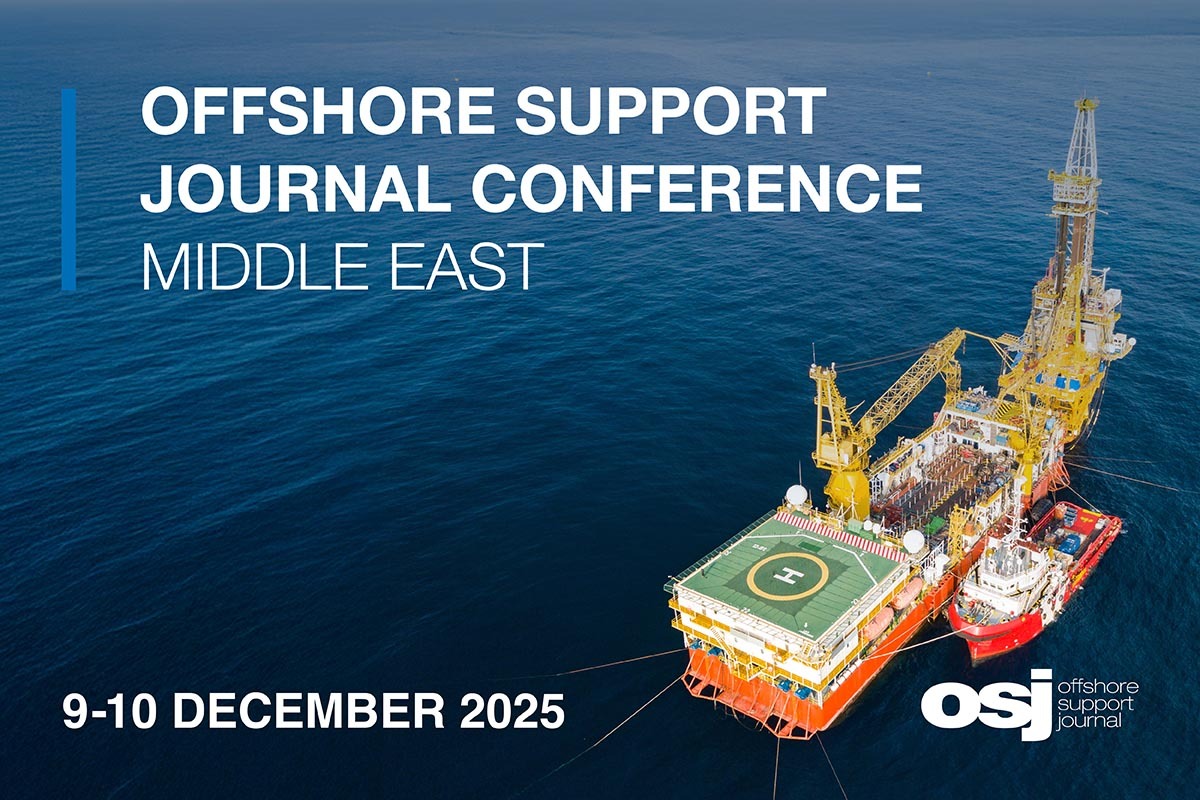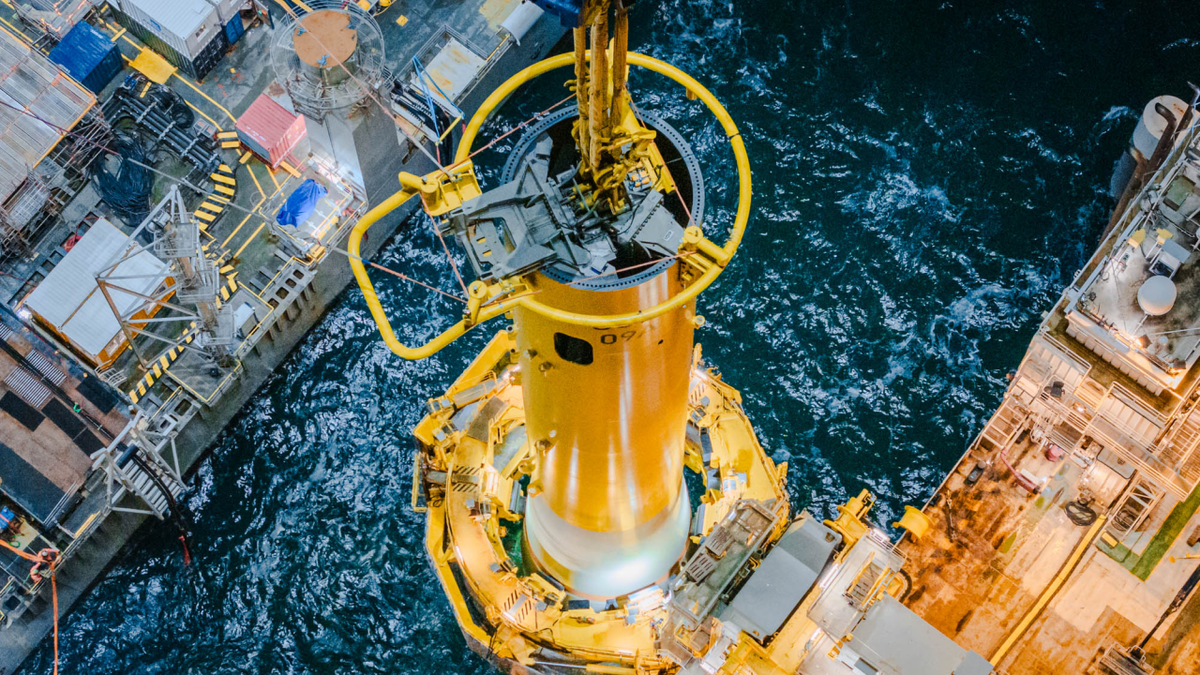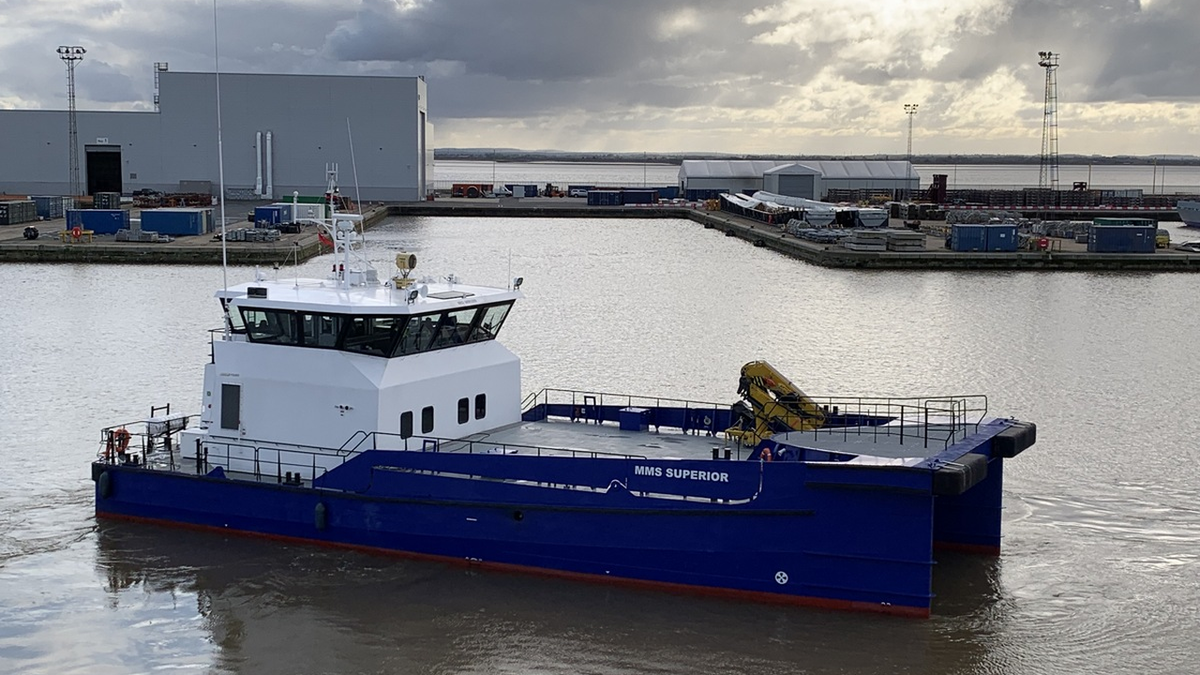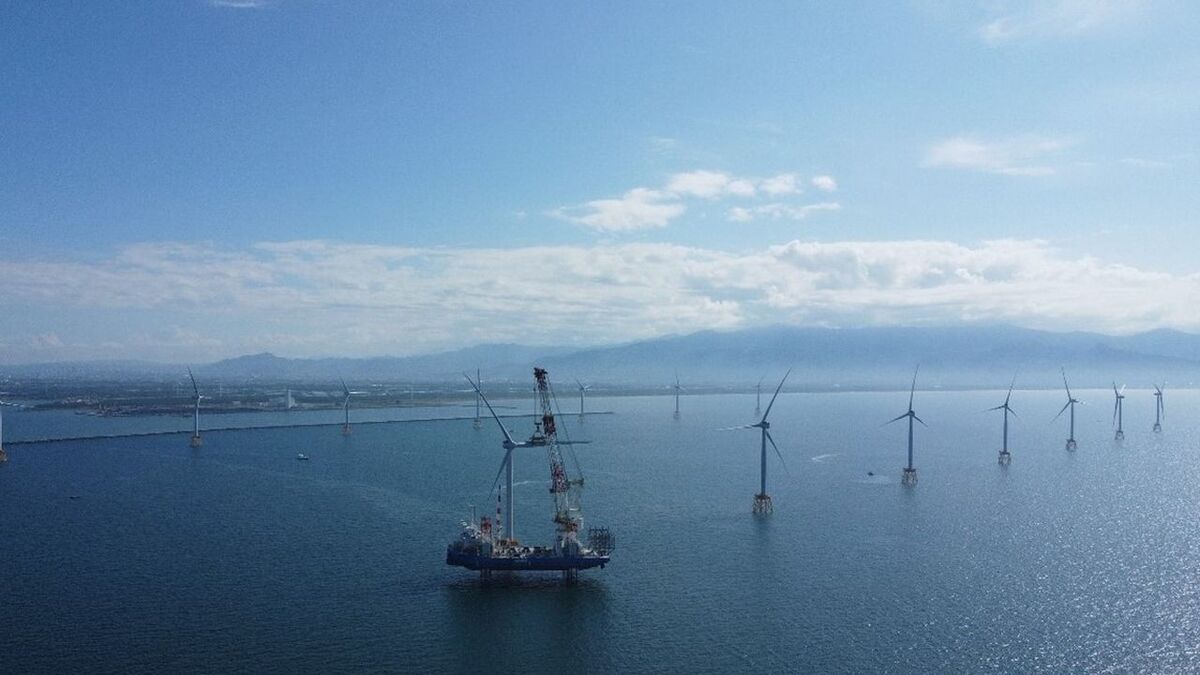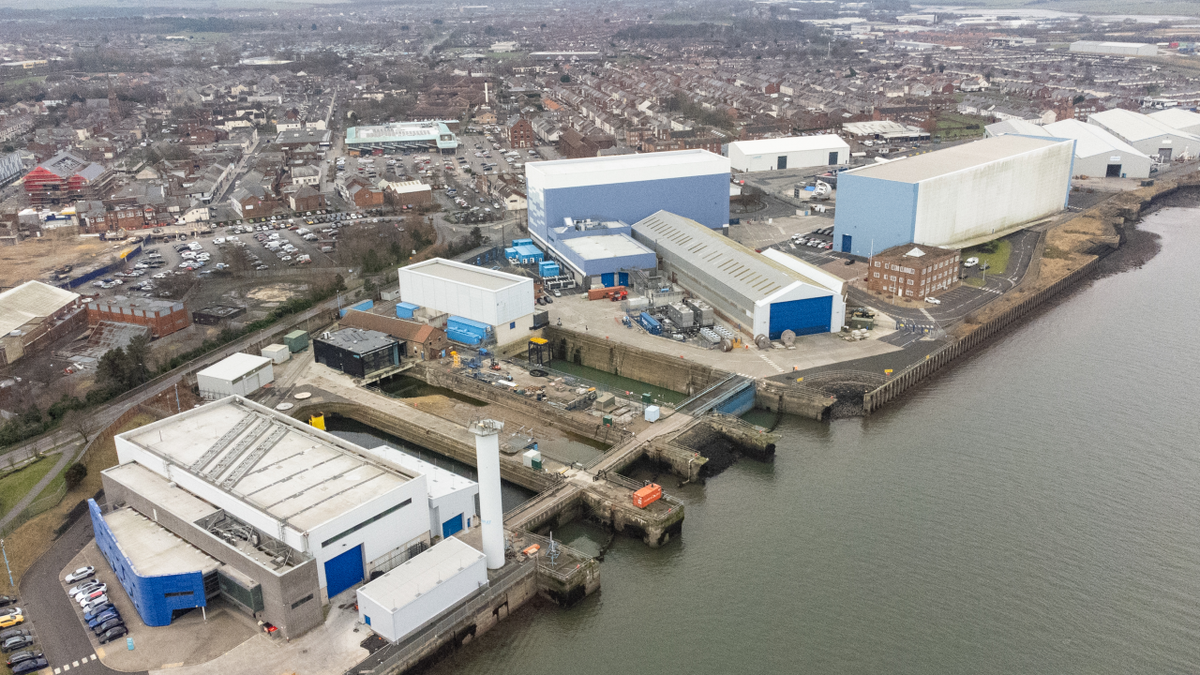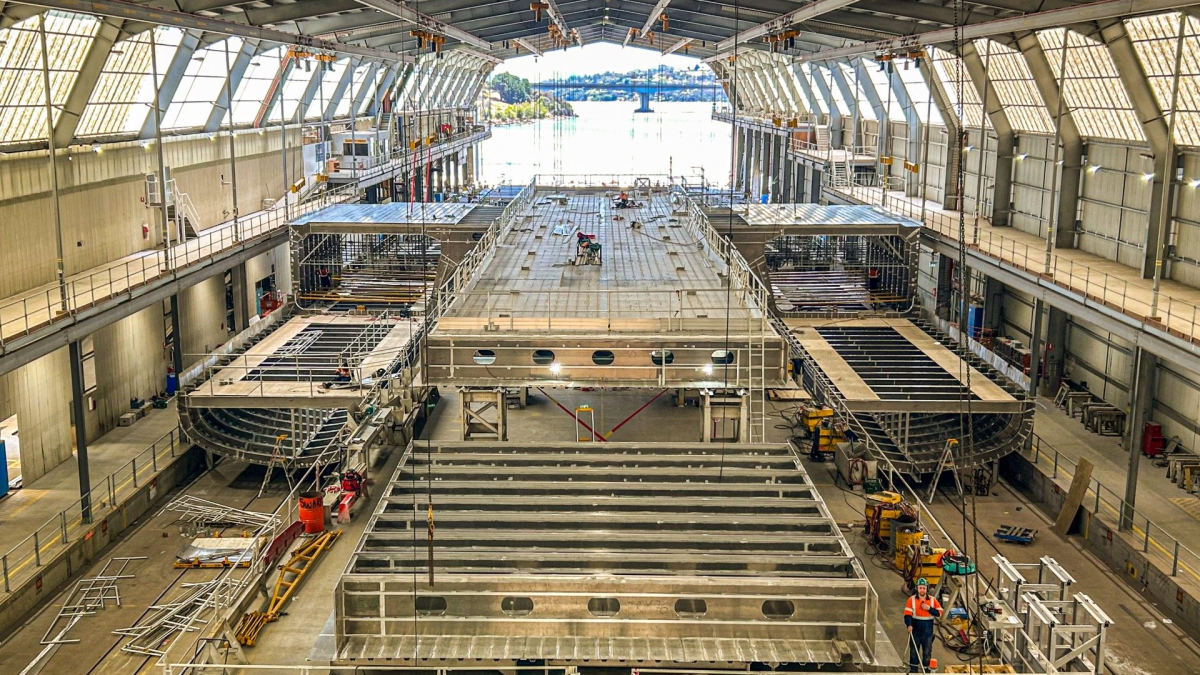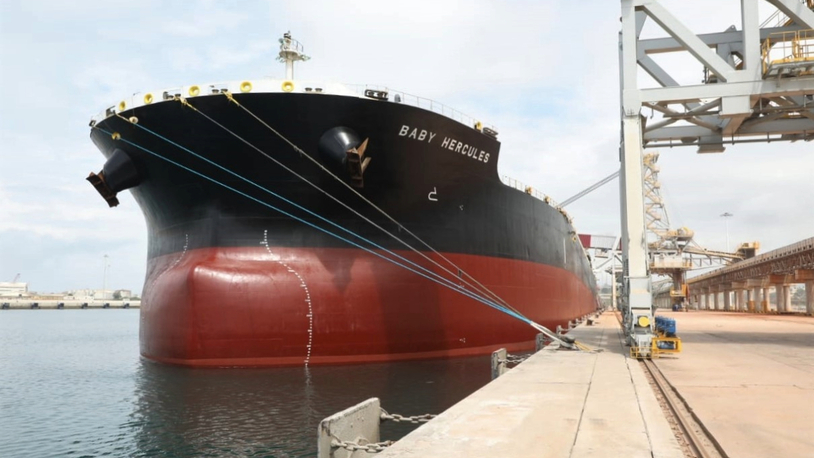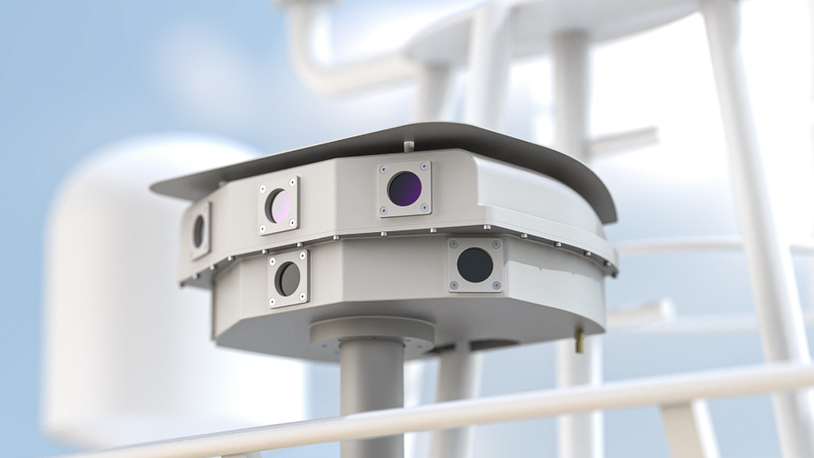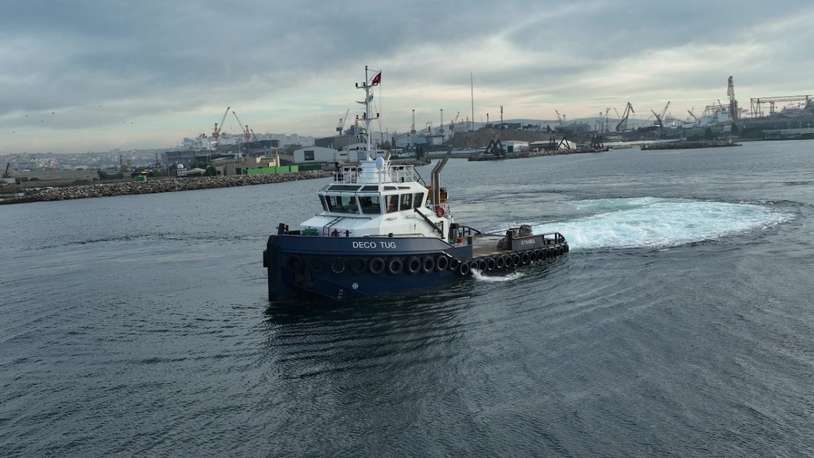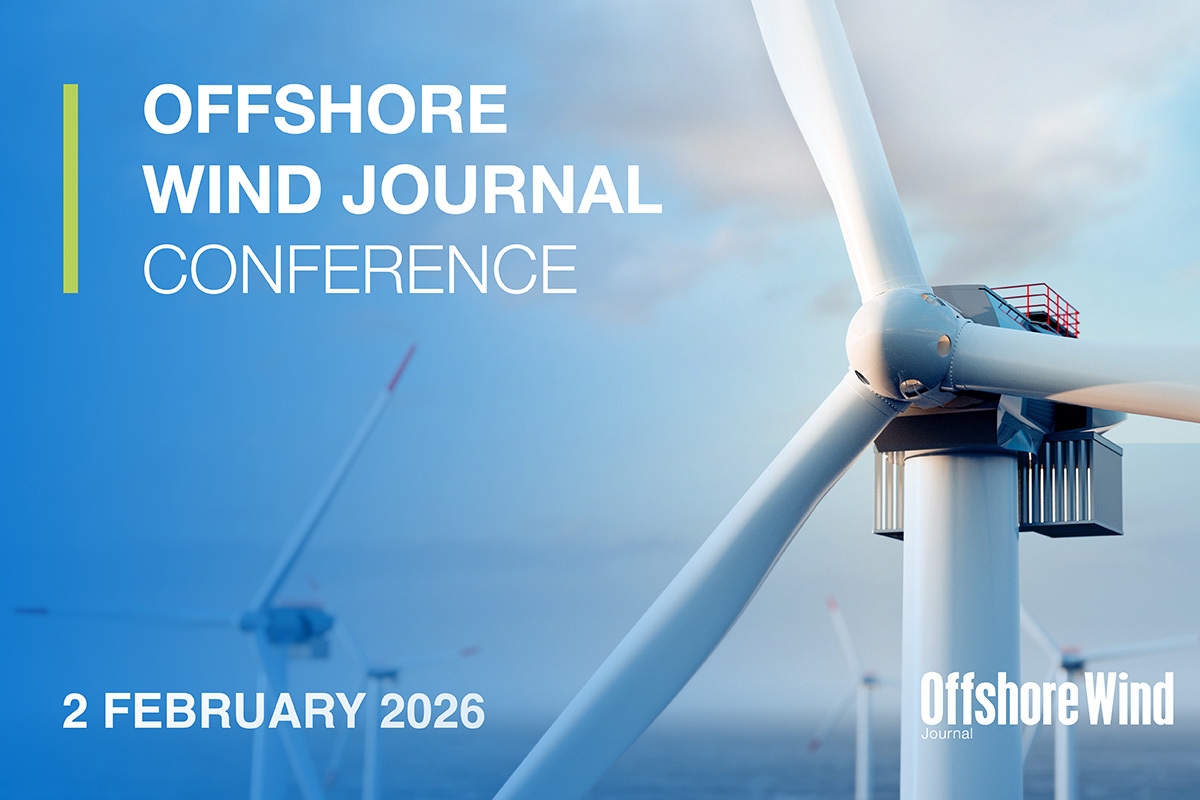Business Sectors
Events
Offshore Support Journal Conference, Middle East 2025
Contents
Register to read more articles.
Port state control, alternative fuels and compliance trends you need to know about
Upcoming regulatory changes will reshape port state control enforcement, alternative fuel adoption and compliance frameworks as LISCR, experts explained at a recent technical seminar
The regulatory landscape governing maritime operations is undergoing a transformation that will impact shipowners, operators and regulatory bodies alike.
At Liberian Registry’s (LISCR) Technical Seminar, held at Trinity House, London on 4 February 2025, experts outlined key regulatory developments, focusing on upcoming amendments to international conventions, the growing complexity of port state control (PSC) enforcement, and the accelerating shift towards alternative fuels.
One of the central themes was the evolving role of PSC in enforcing compliance. LISCR vice president port state control affairs, Norm Witt provided a detailed assessment of recent PSC trends, highlighting fire safety, life-saving appliances and maintenance-related ISM Code deficiencies remain primary detention triggers.
Data from the Paris and Tokyo MOUs, as well as the US Coast Guard, indicate deficiencies related to structural integrity, fire doors and rescue boats frequently result in detentions.
The US Coast Guard’s 2023 statistics recorded “30% of detentions were due to fire safety issues, followed by 26% related to ISM Code maintenance failures.”
LISCR has intensified its engagement with PSC authorities worldwide, undertaking 35 visits to US Coast Guard units in 2024 alone, prioritising high-volume inspection locations.
The aim, Mr Witt explained, is to ensure clear communication between the flag state and regulatory bodies. He noted LISCR is actively working to “demonstrate oversight and ensure dispensation letters and single voyage authorisations are properly understood and accepted by PSC authorities.”
However, flag state approval of dispensations does not guarantee acceptance by PSC inspectors, leading to inconsistencies in enforcement.
Beyond enforcement trends, the seminar addressed critical regulatory changes that will come into force over the next two years. One of the most pressing concerns for shipowners is the new IMO requirement for lifting appliances and anchor-handling winches.
LISCR senior vice president, maritime operations Cedric D’Souza outlined the implications of the amendments to SOLAS Chapter II-1, which will require all new lifting appliances with a safe working load of 1 tonne or more to be designed, constructed and installed according to classification society rules from 1 January 2026. Existing lifting appliances will be required to undergo their first renewal survey after this date, triggering mandatory load testing and operational examinations.
Mr D’Souza noted, “Class societies working with Liberia are still finalising rules, with at least eight having published frameworks and four others still in development.”
The implementation timeline provides shipowners with a limited window to ensure compliance, and failure to do so will expose vessels to PSC scrutiny.
Mr D’Souza cautioned port state control inspectors are likely to focus on lifting appliances during routine inspections from 2026 onwards, particularly in regions with historically stringent enforcement regimes, such as Australia and the United States.
“We expect PSC will request maintenance records, rigging plans and inspection logs even before the mandatory load testing deadline,” he explained.
Changes to the Maritime Labour Convention (MLC) are also poised to impact ship operators.
Amendments that entered into force on 23 December 2024 introduce new requirements for recruitment and placement services, onboard recreation and medical care. One of the most consequential revisions mandates manning agencies inform seafarers of their rights under financial security provisions before they embark.
Mr D’Souza noted many seafarers “are unaware recruitment agencies are obligated to protect them in cases of abandonment or contractual disputes.”
The amendments also introduce requirements for personal protective equipment that accommodates gender diversity and mandates access to drinking water and balanced meals at no cost to the crew.
Onboard medical care provisions have also been strengthened in response to seafarers being denied medical attention during the Covid-19 pandemic. The amendments require port states to permit the landing of seafarers suffering from specified medical conditions.
The changes have already been incorporated into Liberia’s MLC compliance framework, with a transitional period in place for vessels due for inspection in 2025.
“Liberia is implementing a phased approach to ensure shipowners can obtain revised MLC documentation without unnecessary disruption,” Mr D’Souza explained.
The discussion then shifted to alternative fuels, with LISCR vice president offshore services, liquified gas, alternative fuels & decarbonisation maritime operations Nimia Willems providing an update on fuel adoption trends and regulatory developments.
LNG remains the dominant alternative fuel in newbuilding contracts, with 657 dual-fuel vessels in operation and a further 628 on order. Ms Willems projected, “By 2028, the LNG-fuelled fleet could exceed 1,200 vessels,” with expansion driven by the increasing number of ports offering LNG bunkering.
Methanol uptake has accelerated rapidly, with 338 vessels on order, predominantly container ships and chemical tankers. While IMO has issued interim guidelines for methanol-fuelled vessels, Ms Willems noted the industry remains focused on developing sustainable methanol supply chains.
“Fossil-based methanol is not a viable long-term solution, and the shift to bio-methanol or green methanol is necessary to align with decarbonisation targets.”
Ammonia presents a more complex regulatory challenge and Ms Willems explained amendments to the IGF Code, due to enter force in 2026, will remove the prohibition on using toxic fuels, thereby clearing the path for ammonia as a marine fuel.
However, the industry faces technical and safety hurdles, “Minimising toxicity risks and developing fuel storage and bunkering standards are key issues,” she noted, adding Liberia has already issued Marine Notice 017 to provide interim guidance.
The seminar also touched on IMO’s upcoming review of short-term carbon intensity measures, which will influence CII rating methodologies from 2026.
LISCR is monitoring proposals under consideration at MEPC 83, including adjustments to correction factors that account for port waiting times and ballast voyages. Ms Willems noted, “82 documents related to CII revisions were reviewed, but no consensus has been reached on key elements.”
Overall, LISCR’s experts painted a picture of an evolving regulatory environment where shipowners must remain vigilant in adapting to new compliance obligations. The tightening enforcement of lifting appliance regulations, revised MLC requirements and the ongoing shift towards alternative fuels will all shape fleet operations in the coming years.
With PSC authorities sharpening their focus on ISM Code implementation and safety-critical deficiencies, proactive compliance strategies will be essential for operators navigating these regulatory waters.
Sign up for Riviera’s series of technical and operational webinars and conferences:
- Register to attend by visiting our events page.
- Watch recordings from all of our webinars in the webinar library.
Related to this Story
Events
Offshore Support Journal Conference, Middle East 2025
Maritime Regulations Webinar Week
Maritime Decarbonization Conference, Americas 2026
Offshore Wind Journal Conference 2026
© 2024 Riviera Maritime Media Ltd.
